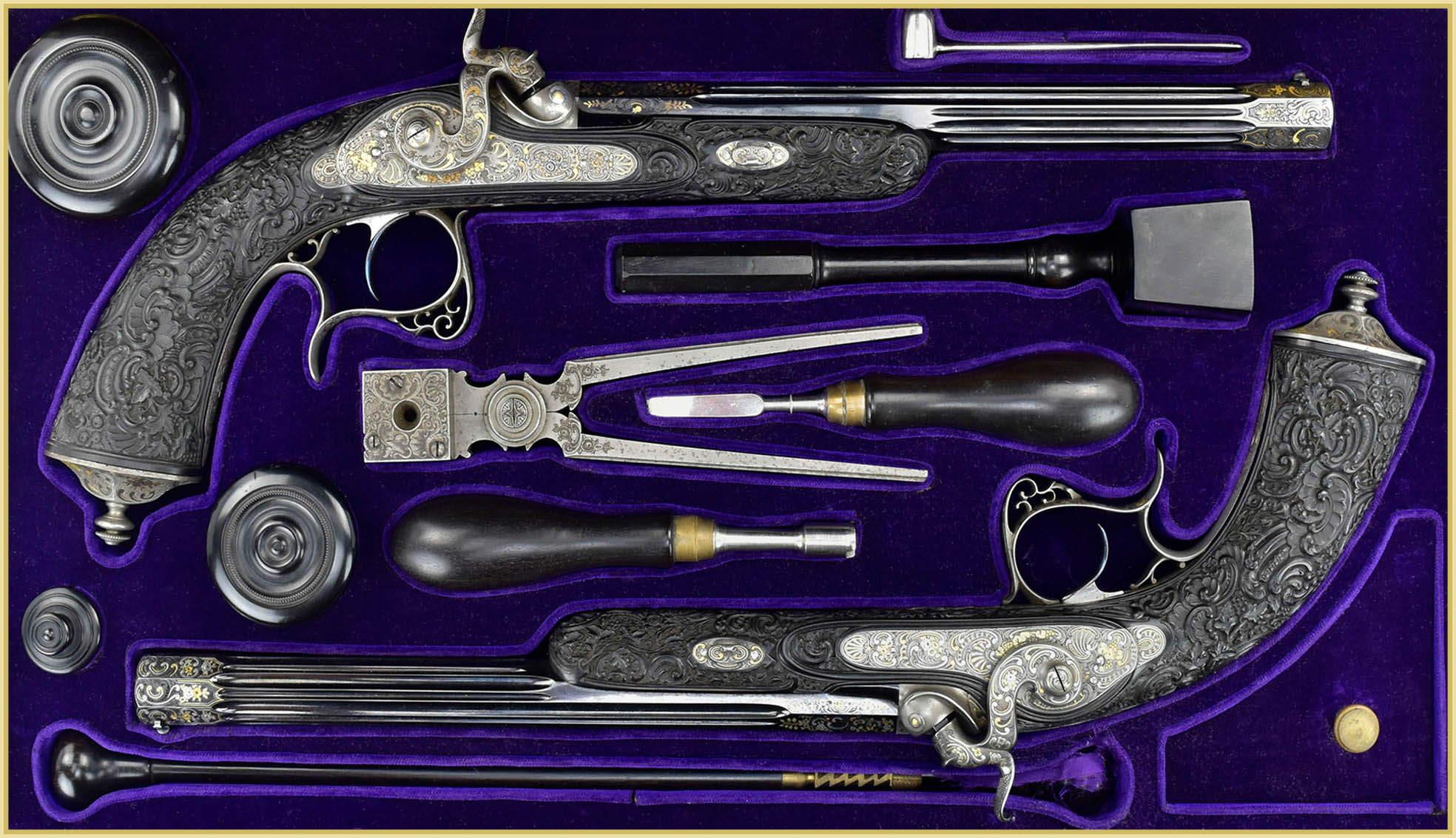The Top 5 Tips for Selling Your Firearm Safely and Legally
Tips for Selling Your Firearm Safely and Legally
Selling a firearm is not like selling a car or furniture. Whether bidding adieu to a rare collectible or simply transferring ownership of a personal firearm, one must adhere to the correct procedure to ensure that the transaction is safe and legal. With increased scrutiny over firearm transactions, the onus of behaving lawfully simply falls on the buyer and seller.
For every transaction, from Antique Firearms to a contemporary pistol, understanding the essence of the relevant laws is an absolute necessity! Here are the five best tips for selling firearms safely and legally over the counter or online.
1- Understand Federal and State Laws
Understanding the laws regulating the sales of firearms in the United States is the first and foremost step in these operations. Federal law generally contemplates firearm purchases between private persons with an FFL registered to carry on sale of firearms in order to assure the buyer of undergoing the background check required under the law before title to the firearm passes.
In contrast, state laws can greatly differ. Some states may allow private parties to sell firearms without having to use an FFL, whereas others require all negotiations to go through a licensed dealer. There can be waiting periods, registration, or paperwork requirements in certain localities.
If you’re wondering how to sell a gun legally, the answer begins with researching both federal and local state regulations. Official sites of the states or a reputable dealer must be visited to clarify current rules.
2- Verify the Buyer’s Legitimacy
The largest concern in a safe firearms sale is that the person may be allowed to possess a firearm. Whoever sells to a prohibited person is in serious jeopardy of being fined and criminally charged.
And if selling guns online through an FFL, he will enter the transaction and perform the background check for the seller. However, if private sales are lawful in your State without the involvement of an FFL, then it is wise to exercise extra caution for legal gun sales: you can ask to see a valid government-issued ID to confirm residence and age. Some states issue purchase or carry permits that allow further verification of eligibility.
3- Keep Detailed Records of the Transaction
Even though the law might not require it, if you have evidence of the sale, it would be one of the few smart things you could do. It is advisable to have a chrysalis bill of sale with the following features:
- The make, the model, and the serial number of the firearm
- Names and contact details of both parties
- Date of the transaction
- A statement affirming that the buyer is legally allowed to possess the firearm
Both parties should sign and retain a copy of the document. Should the need ever arise for questioning, whether from law enforcement or a subsequent buyer, these documents will be able to prove beyond a reasonable doubt exactly when and to whom the gun was sold.
Antique Firearms, being an entirely different area of the trade, may not require documentation by law at times, but it’s always better to keep records clean.
4- Use Trusted Platforms When Selling Online
If you use well-established firearms marketplaces, transactions are usually processed through a Federal Firearms License (FFL) holder, so appropriate background checks are made. Avoid making sales on unregulated discussion boards or social media platforms because it usually becomes difficult to establish buyer identity or information.
Be clear with your online firearm listings as to the terms, payment method, shipping, and legalities. Interstate sales of firearms under federal law must go through an FFL in the buyer’s State. Regrouping shipping of Antique Firearms may potentially follow different terms; however, always double-check before sending any item.
5- Prioritize Safe Handling and Secure Transfer
Finally, safety should be your utmost priority, no matter how much you know about firearms. Always conduct the meeting in a safe and public area—preferably at an FFL dealer’s office. The firearm should remain unloaded, with the action open, and locked up in a carrying case during transport.
If you are shipping, make sure to adhere to all federal regulations. Firearms need to be shipped through common carriers like UPS or FedEx, and the shipment must be declared accordingly.
When it comes to selling firearms safely, this last step is often where careless mistakes happen. Taking the time to follow safety protocols ensures the firearm reaches its new owner securely and that you remain in compliance with the law.
Final Thoughts
Selling a firearm simply entails the sale of the item and transferring the money. Gifting or selling a family heirloom, selling your own personal firearm, or perhaps selling part of your collection of antique firearms, the one thing that everybody must know and do is the rules and precautions.
Starting with researching the legalities of selling a gun and keeping solid records, all that culminates in selecting the “right” platform for an online gun sale; each step is critical for a smooth, legal, and ethical transfer.
Collectors Firearms preserves the history and integrity of firearms and advocates for legal firearm sales. If you are a buyer or a seller, seasoned or an inexperienced collector, these five tips will help you accomplish your sale with certainty, in legitimacy, and with utmost care.

